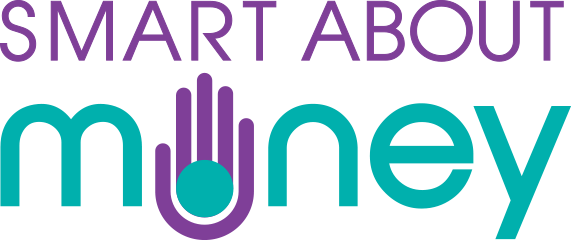Paying income tax and filing a tax return is something you need to start worrying about when you earn more than the tax threshold – the income level from which tax applies.
 The tax threshold is set for each tax year and announced in the Finance Minister’s Budget. You can check the threshold for this tax year in our Tax tables under the question “How much income can I earn before I need to pay tax?”
The tax threshold is set for each tax year and announced in the Finance Minister’s Budget. You can check the threshold for this tax year in our Tax tables under the question “How much income can I earn before I need to pay tax?”
If you are a salary earner or pensioner earning more than the threshold, you will be liable for tax, but you may or may not need to file a tax return.
You do not need to file a tax return if you are a salary earner or pensioner earning an income from a single source from which Pay As You Earn (PAYE) tax is deducted, provided you earn less than R500 000 for the year (up to R41 666 a month or R38 461 a month if you receive a 13th cheque or bonus.)
Remember, however, that this rule only applies if:
- You don’t earn interest on your savings or investments amounting to more than R23 800 if you are under the age of 65 or R34 500 if you are over the age of 65;
- You didn’t make taxable capital gains or losses in the tax year above the annual capital gains tax exemption of R40 000, but it is probably best to submit a return in any year in which you make a capital gain or loss;
- You didn’t earn any rental income by letting out a property;
- You didn’t receive a car allowance or a company car;
- You didn’t earn any income by practicing a profession, trade or occupation on which no PAYE was deducted (either inside or outside South Africa);
- You did not receive any income from running a business either inside or outside South Africa;
- You do not have money in a foreign account or own any assets outside of South Africa that amount to more than R250 000;
- You did not earn income or make any capital gains from foreign currency or assets;
- You don’t have any shares or rights in a controlled foreign company; and
- You were not asked by SARS to fill in a tax return or an auto-assessment.
 If any of the above apply to you and / or you earn more than R500 000 a year, you may receive an auto-assessment from the South African Revenue Service (SARS).
If any of the above apply to you and / or you earn more than R500 000 a year, you may receive an auto-assessment from the South African Revenue Service (SARS).
This is a return that is generated for you from data submitted to SARS by your employer, bank, financial institutions, retirement annuity fund and medical scheme.
If you accept this auto-assessment, you do not need to file a return, but you must check the information is correct. The onus is on you to correct any information that is incorrect or to declare additional income, such as rental income, that has not been submitted to the tax authority.
Don’t make the mistake of thinking you can get away with not filing a return if you need to. SARS is gathering more information from institutions that will help it identify those who are not tax compliant.
The consequences of evading tax are criminal investigation and stiff penalties.
SARS can penalise you for failing to register for tax and submit a tax return. The penalties are applied monthly and depend on the amount of tax you owe. In addition, you may be liable for interest on the outstanding tax.
If you have many tax returns outstanding and you want to get your tax affairs in order, you can apply for the voluntary disclosure programme (VDP).
If you apply for the VDP, SARS will not prosecute you criminally and you may qualify for some relief from understating your tax and other administrative penalties. However, the penalty for filing a return late may still be applied.



